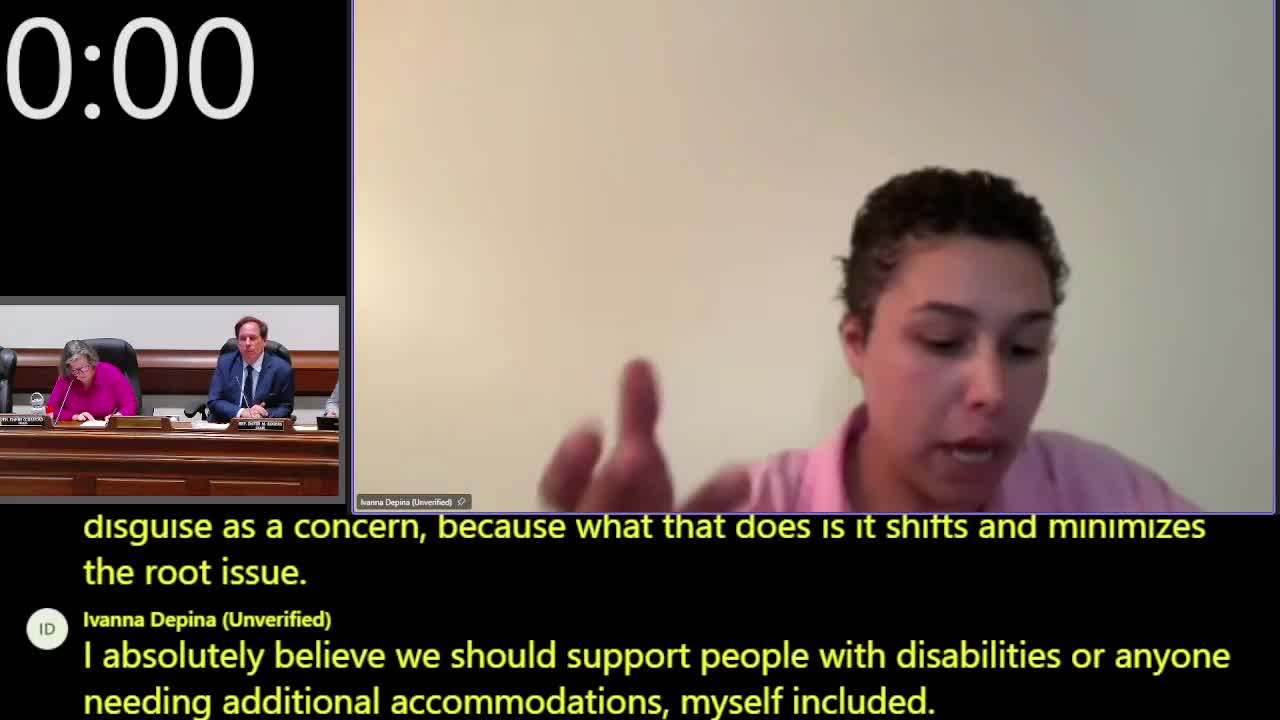Super Act Addresses Racial Disparities in Standardized Testing System
July 18, 2025 | 2025 Legislature MA, Massachusetts
Thanks to Scribe from Workplace AI , all articles about Massachusetts are free for you to enjoy throughout 2025!

This article was created by AI using a video recording of the meeting. It summarizes the key points discussed, but for full details and context, please refer to the video of the full meeting. Link to Full Meeting
One of the key proposals discussed was the Super Act, which aims to address these structural barriers within the education system. Advocates emphasized that while accommodations can provide some support, they do not rectify the inherent biases present in the testing system. The Super Act seeks to challenge the status quo and promote equity by questioning the justice of the existing framework rather than merely offering temporary solutions.
The implications of these discussions are profound, as they call for a reevaluation of how educational assessments are conducted and who they serve. By addressing the systemic issues that contribute to inequity, the Super Act represents a step towards a more just and equitable educational landscape.
As the committee continues to explore these critical issues, the focus remains on ensuring that all students have fair access to opportunities in higher education. The discussions from this meeting underscore the importance of ongoing dialogue and reform in the pursuit of educational equity.
Converted from Joint Committee on Higher Education - 7-18-2025 meeting on July 18, 2025
Link to Full Meeting
Comments
View full meeting
This article is based on a recent meeting—watch the full video and explore the complete transcript for deeper insights into the discussion.
View full meeting
